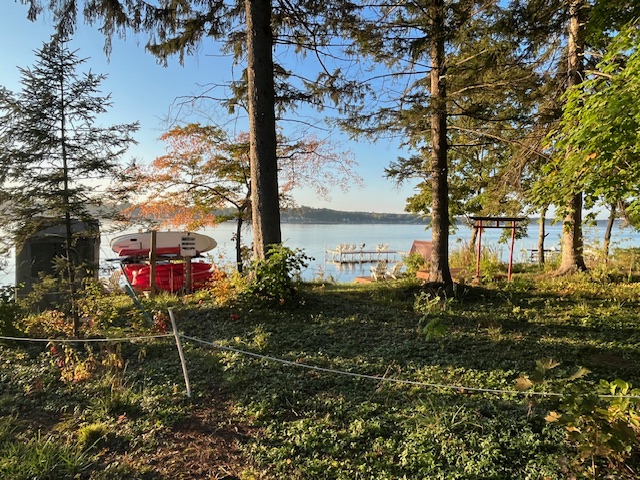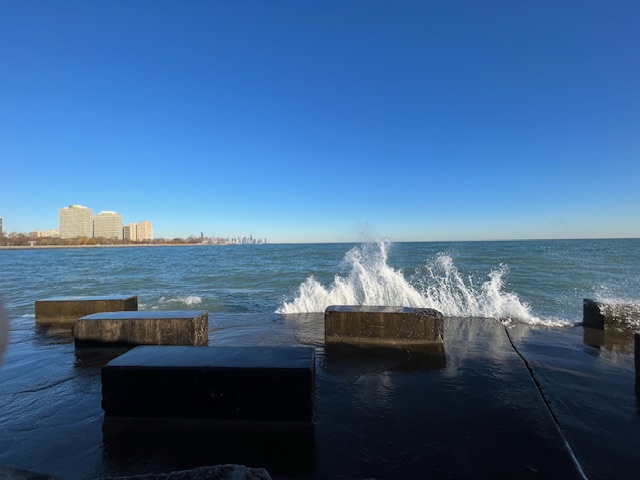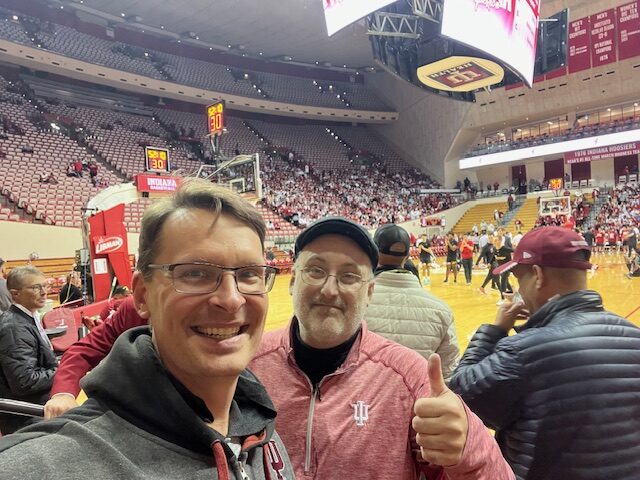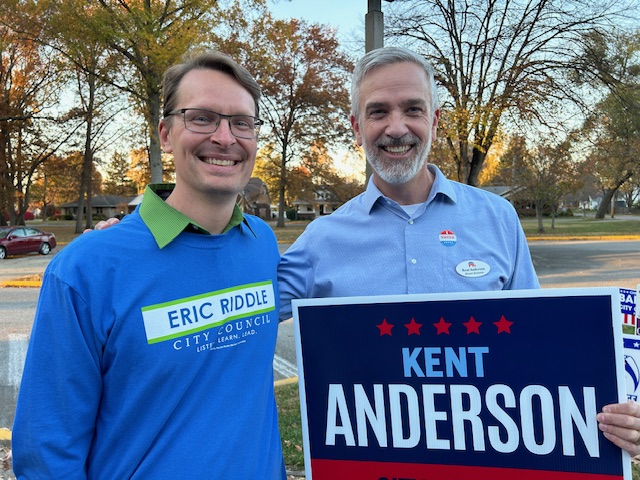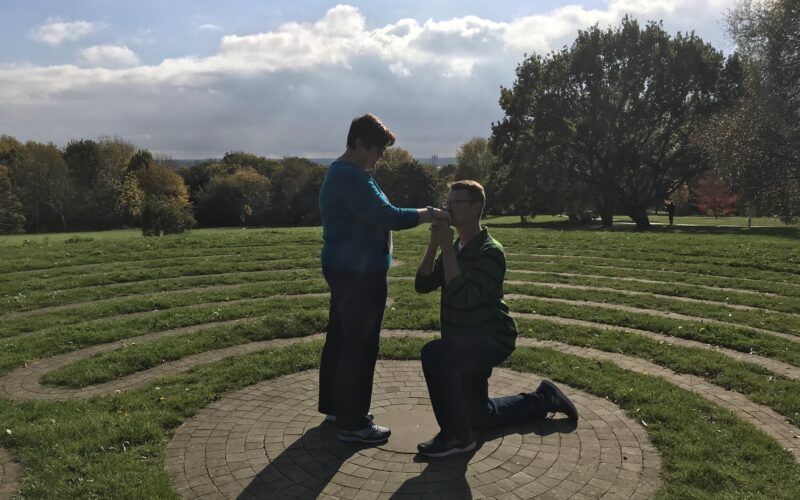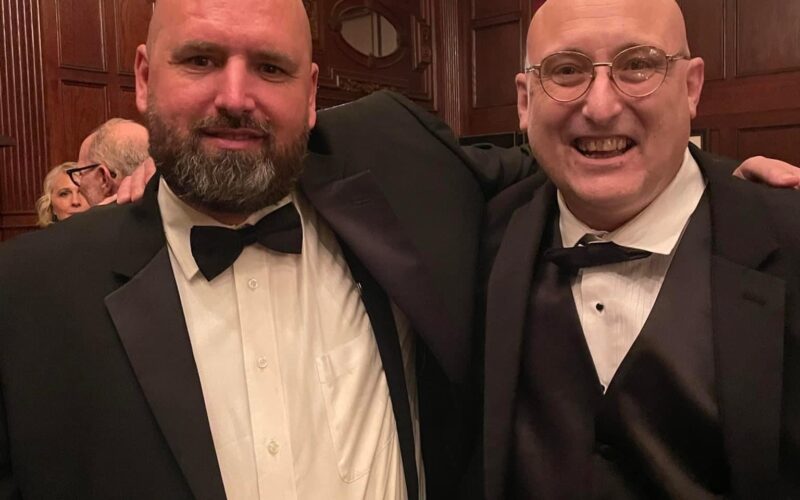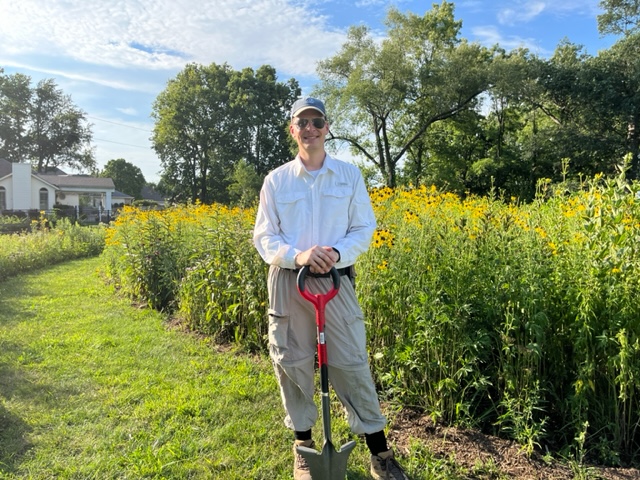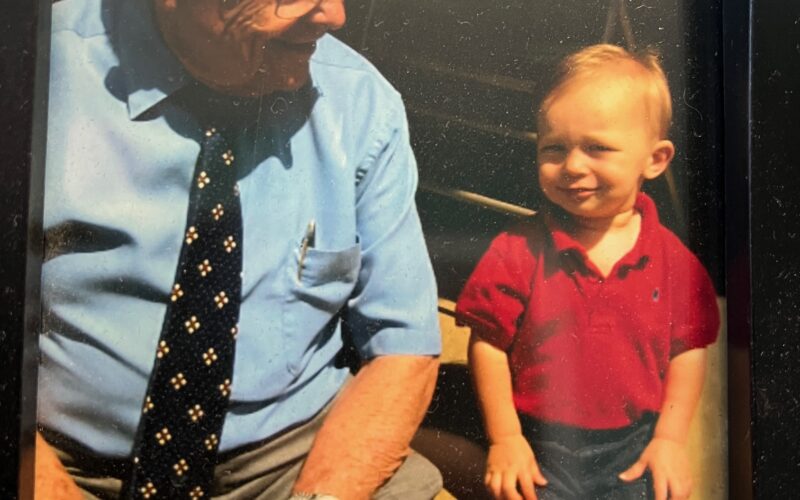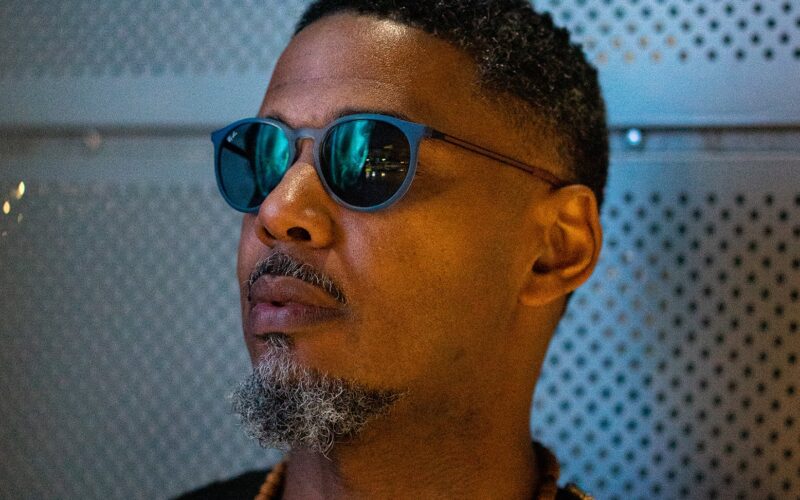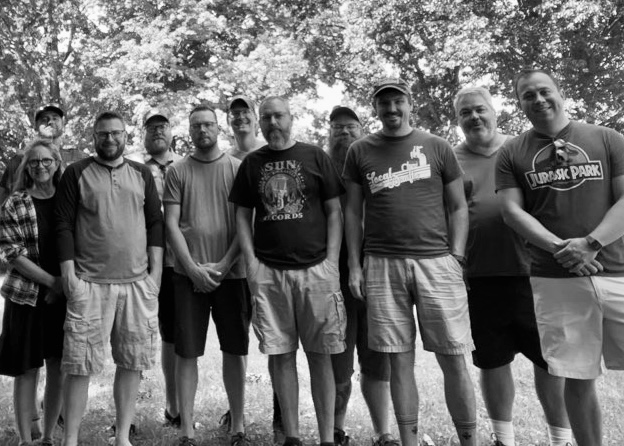HAIKAST XII – Sweet Seventeen
The 5-7-5 syllable format is not respected by all haiku enthusiasts. It took me 5 years of laboring away in private before I seriously began studying the centuries long history and learned how much of a rookie I really was in this poetic form.
Now, for example, I tune in to a podcast about haiku called “Poetry Pea” (that is pea as in p-e-a, please don’t ask me where the name originated). The British moderator, recording from her home in Switzerland, conducts lively conversations with guests from around the world. It’s not as pretentious as it sounds. I appreciate the haiku that are submitted for analysis and judged for publication in the Poetry Pea journal. I encourage you to check it out if you have an interest in learning more about haiku.
I was listening to the highlighted haiku on a recent Poetry Pea episode and counted out the syllables on my fingertips. 11 syllables, 10, 12, 12, oh…. there’s a 14 syllable one. Nothing came close to 17. It is clear that professionals in the artform of haiku are not incredibly fond of the 5-7-5 arrangement.
In Japan where haiku originated hundreds of years ago, they traditionally stay consistent with 17 onji. While they contain similarities, the Japanese onji and English syllable do have significant differences. Onji normally represent a much shorter sound compared to an English syllable. By an academic analysis that I read, 17 onji actually average closer to 12 English syllables. I discovered this comparison of the two languages in a book published in 1985 called the Haiku Handbook by William Higginson and Penny Harter. Obviously, this notion of the differences in syllables has been well documented for a long time. This is the primary rationale why most professionals limit their syllable count.
However, in popular culture, everyone will gladly agree with you when you confidently remember the 5-7-5 standard format. Haiku are the de facto elementary school introductory poetic form – inspiring the kind of school work that sentimental parents often keep to embarrass their kids at high school graduations. For young writers who are introduced to the notion of syllables at a young age, haiku could nearly be considered a bridge between math and phonetics. Since it doesn’t take much time to finish your assignment, no wonder it is so appreciated and remembered by students! Who wants to remember the more complicated standards of limericks, acrostics, and kennings?
I think many adults have come to consider haiku child’s play – while they may remember with fondness the introduction of haiku as a young student and the fun notion that they had a quick portal into Japanese culture for a moment, it is largely dismissed. Often in an elementary English unit, haiku will be introduced along with other forms of poetry and then steamrolled by the Shakespearian sonnet – which is often considered “real poetry” because of its English heritage, complexity, length, and rhyming schemes.
But I challenge that assumption. The brevity of the haiku is its beauty. A great haiku can stand alone, with few words doing the work, giving the reader a space to contemplate, compare to their own experiences, and appreciate the beauty and delicacy of the subject matter.
In communication, we are often told that less is more. Haiku has helped me to quiet my thoughts, concentrate on the small things, write shorter emails, become a better conversationalist, and look for natural moments of beauty all around me. It has taught me how to look and listen with more acuity for beauty.
Back to the 5-7-5. I was well into utilizing my rudimentary understanding of haiku before Higginson and Harter enlightened me on the onji and how it throws a wrench into the assumptions of our school teacher’s common practice. I defer to the authors of “The Haiku Handbook” and the many other scholars who long ago made clear that us English speakers are not actually adhering to traditional Japanese haiku by using the same sound count.
Poetry Pea is doing an excellent job of showcasing the talent of modern masters of the form. I have the utmost respect for fellow haiku writers who may think going over 12 English syllables is testing the limits. Perhaps I’m the iconoclast. I’ll stick with the 5-7-5. There is a certain amount of joy in staying with what I learned at Sutton Elementary School. I do like throwing my fingers in the air and pumping my fist when my first impulse yields the correct amount of syllables.
There is much more to know about the nuances of haiku and I look forward to sharing them with you. In a later podcast episode, we’ll get into the Japanese term of kigo – the use of seasonal words. Kigo is another recent introduction into my literary lexicon that has since been shaping my style by incorporating more traditional elements of haiku writing.
The haiku that I chose for the end of this brief lesson on haiku is, yes, adhering to my 5-7-5 style. I need these 17 syllables to give myself enough room to capture the moment in a way that 12 would just not allow.
This might be my favorite haiku that I have written. Why? Because when I read it, I remember exactly where I was and the beauty of the moment. Some writers describe a “haiku moment” like a photo, except in words. For the writer, and potentially for the reader, the brief writing carries the resonance and the feeling of a particular memory, in a way that perhaps a picture could not even convey.
A well written haiku challenges the assumption that a picture is worth a thousand words – reducing that cliche into an advertisement for the photography industry. While a picture anchors the mind to a particular place, the use of language gives the reader flexibility to color in the details from their own experiences of similar moments that may have been long forgotten. While I yearn to give you details for the time, setting, and occasion for this haiku, I withhold the additional context to give your imagination more liberty to make it your own.
As full moon rises
Silver Lake water ripples
Pale glow floats towards me

